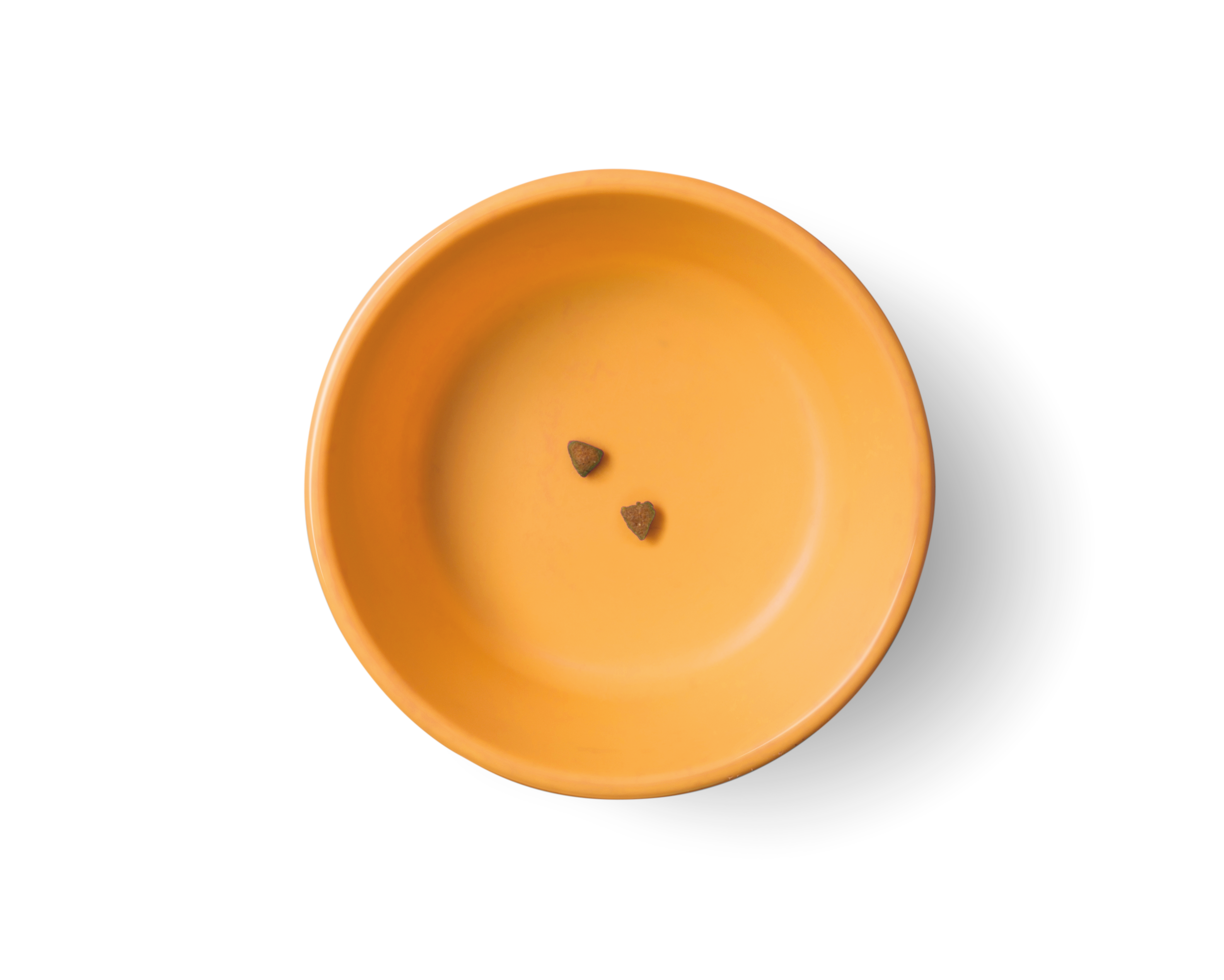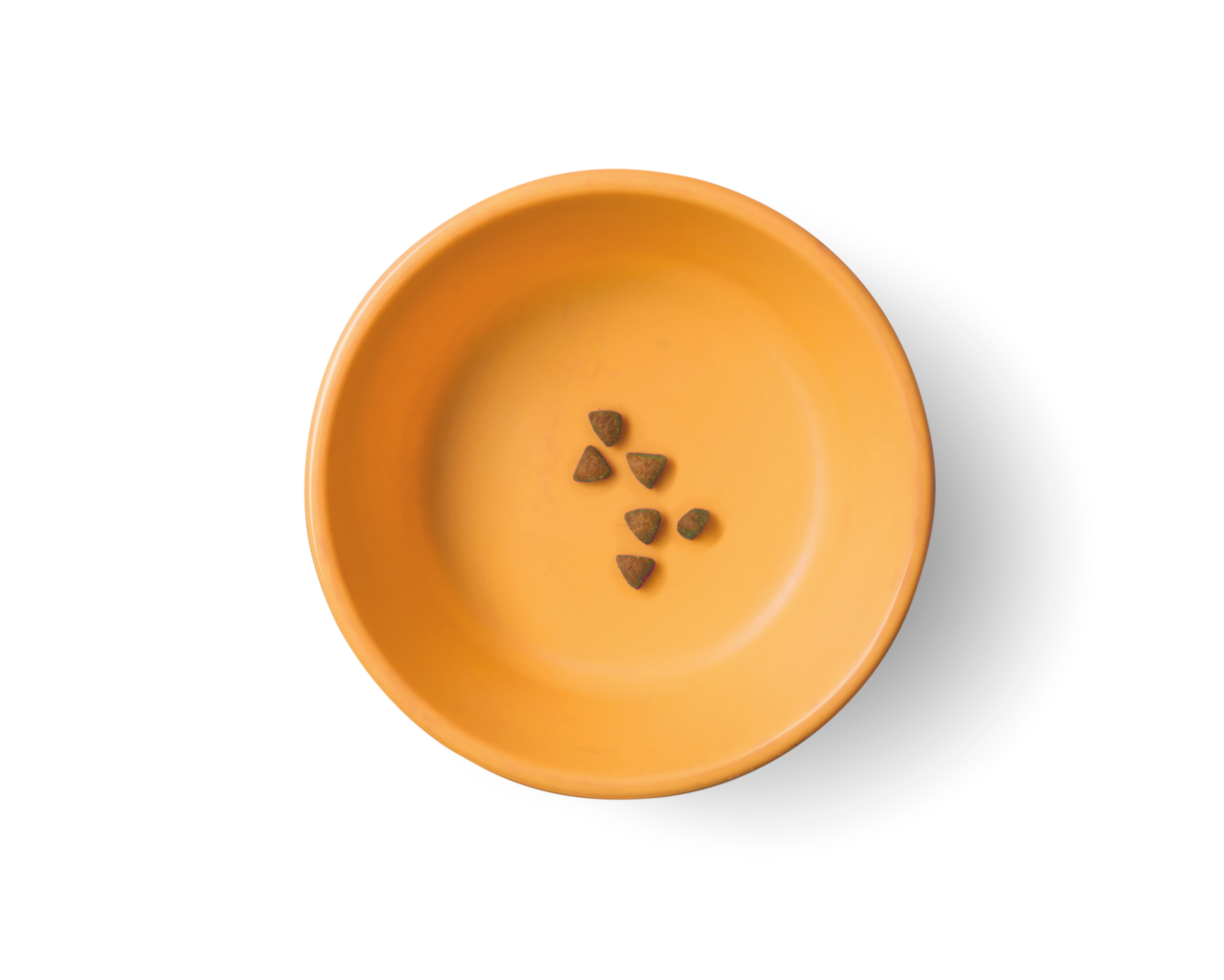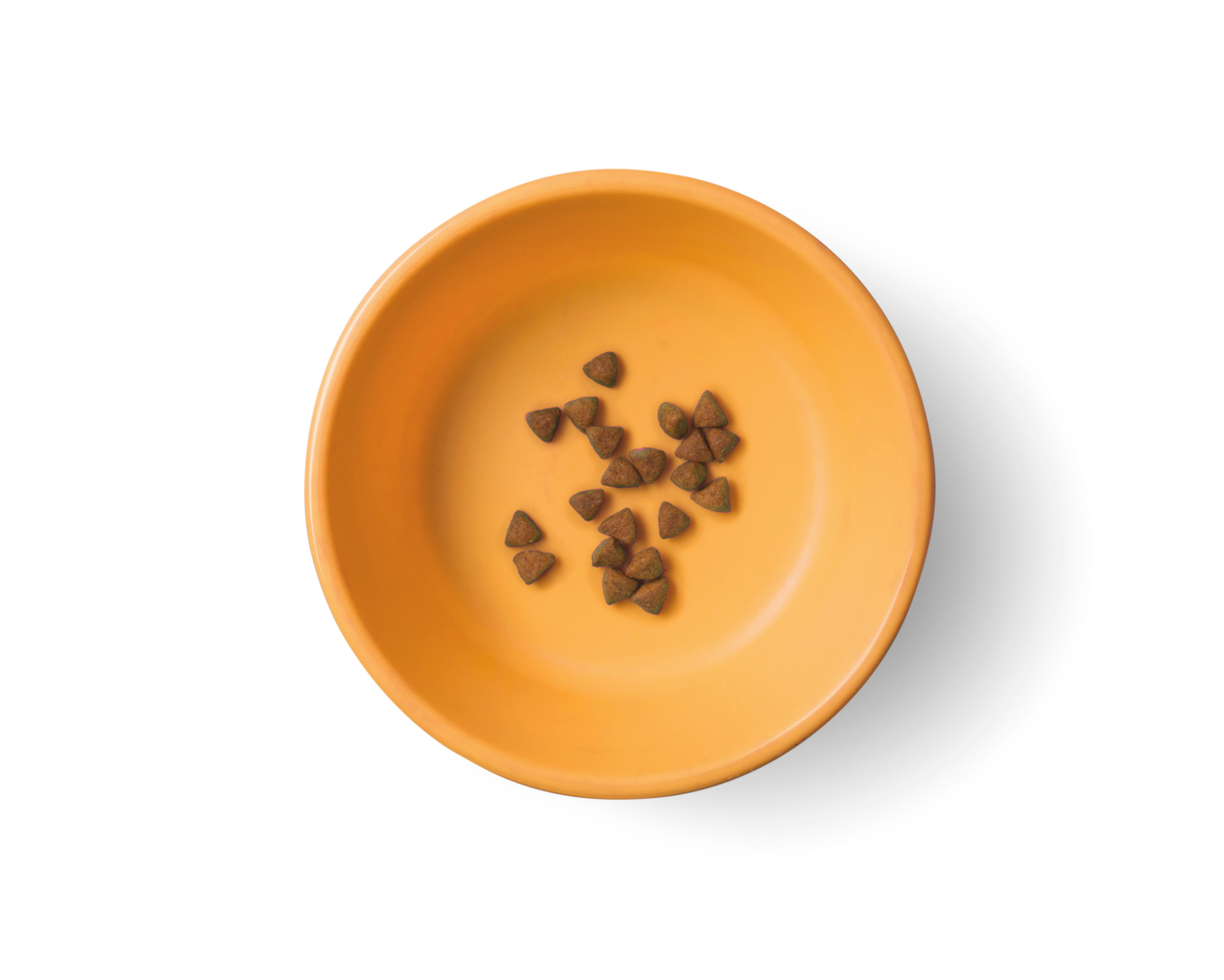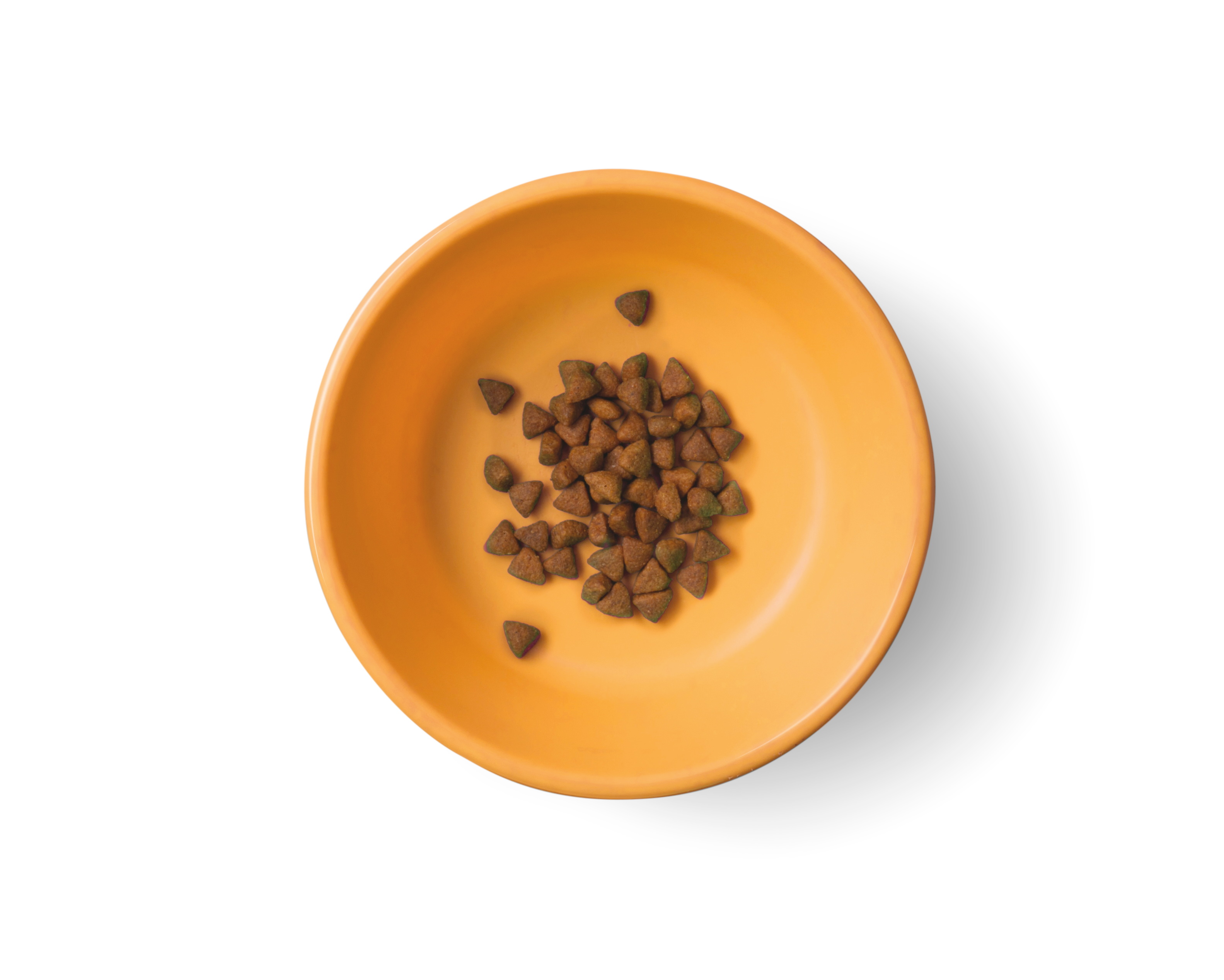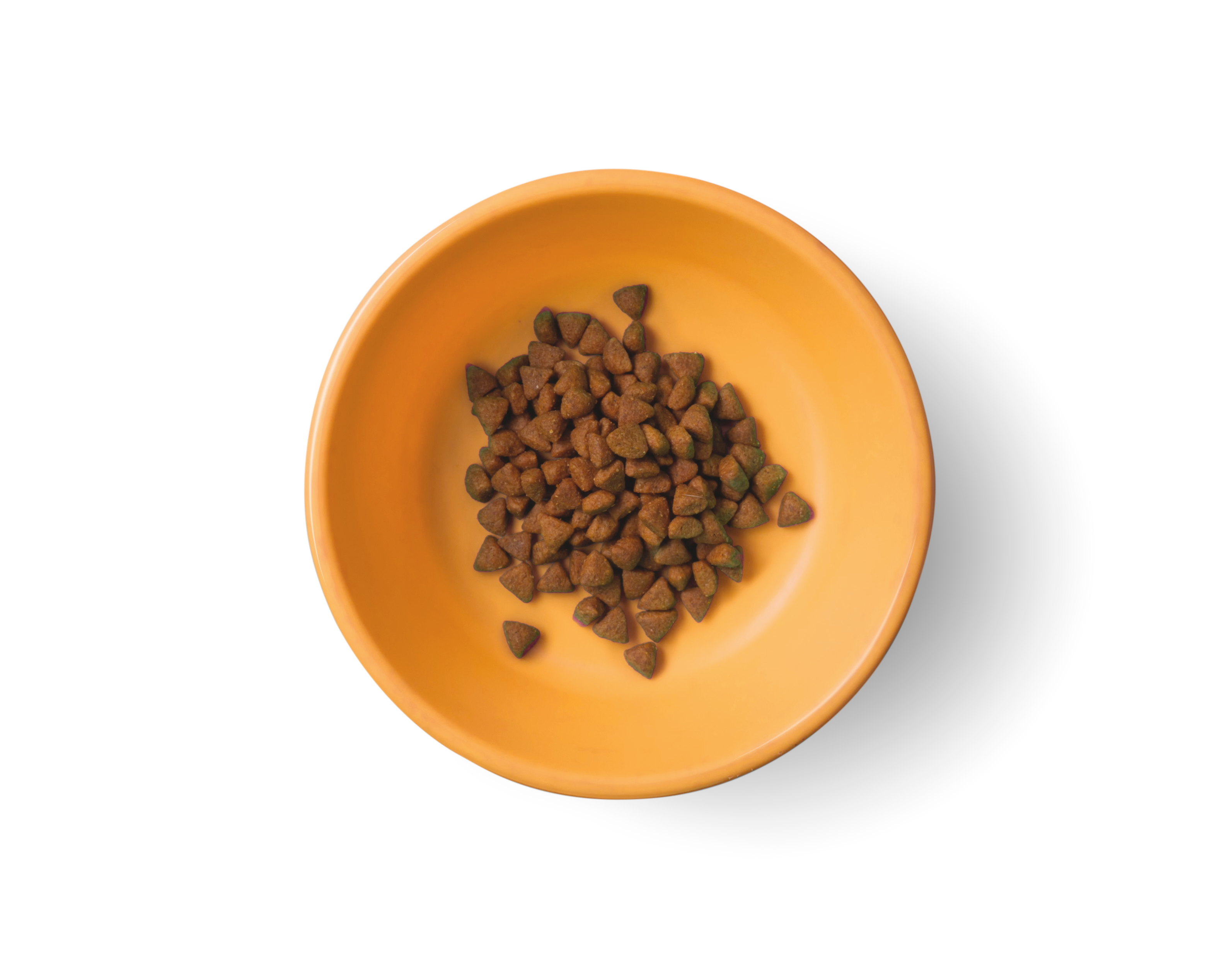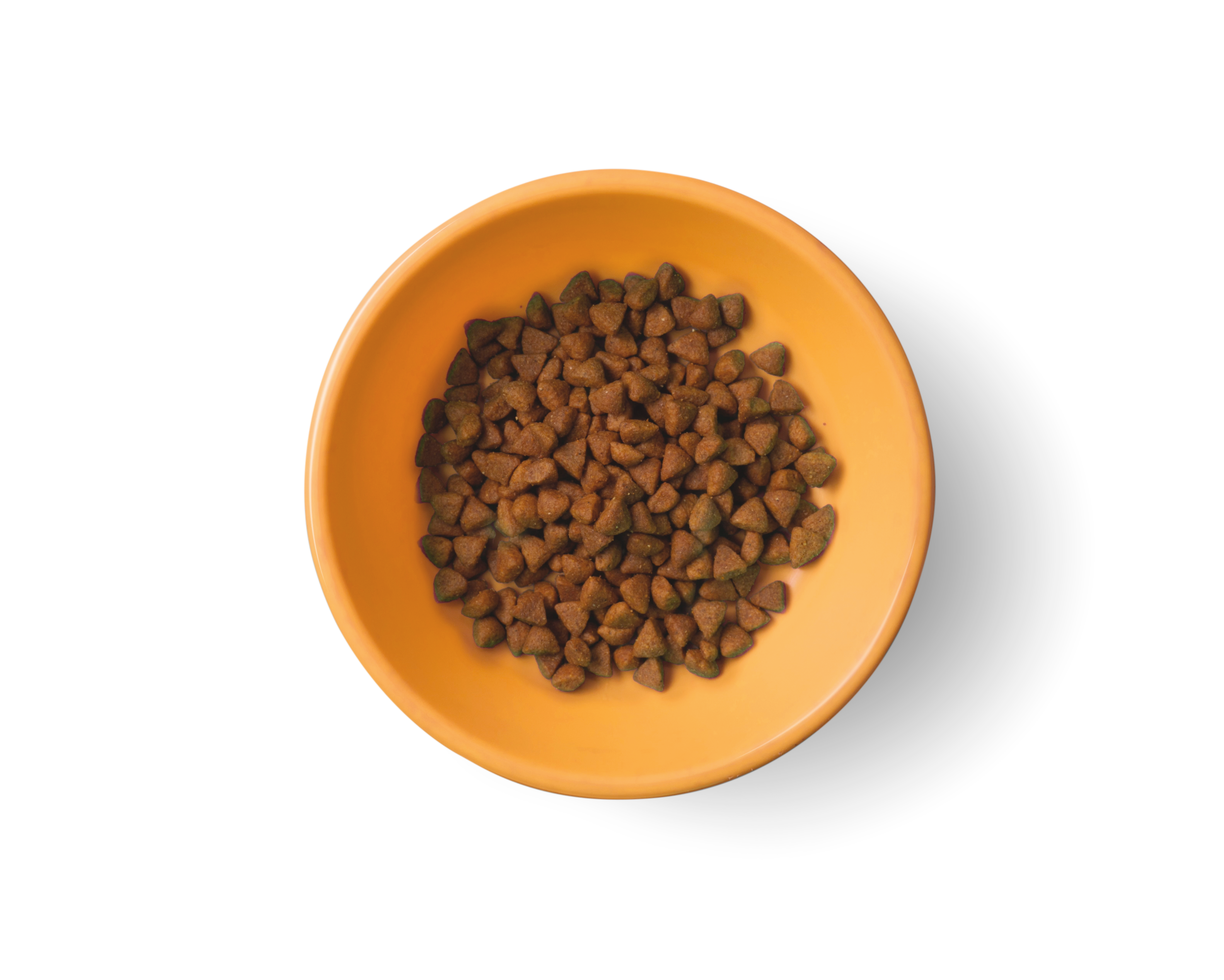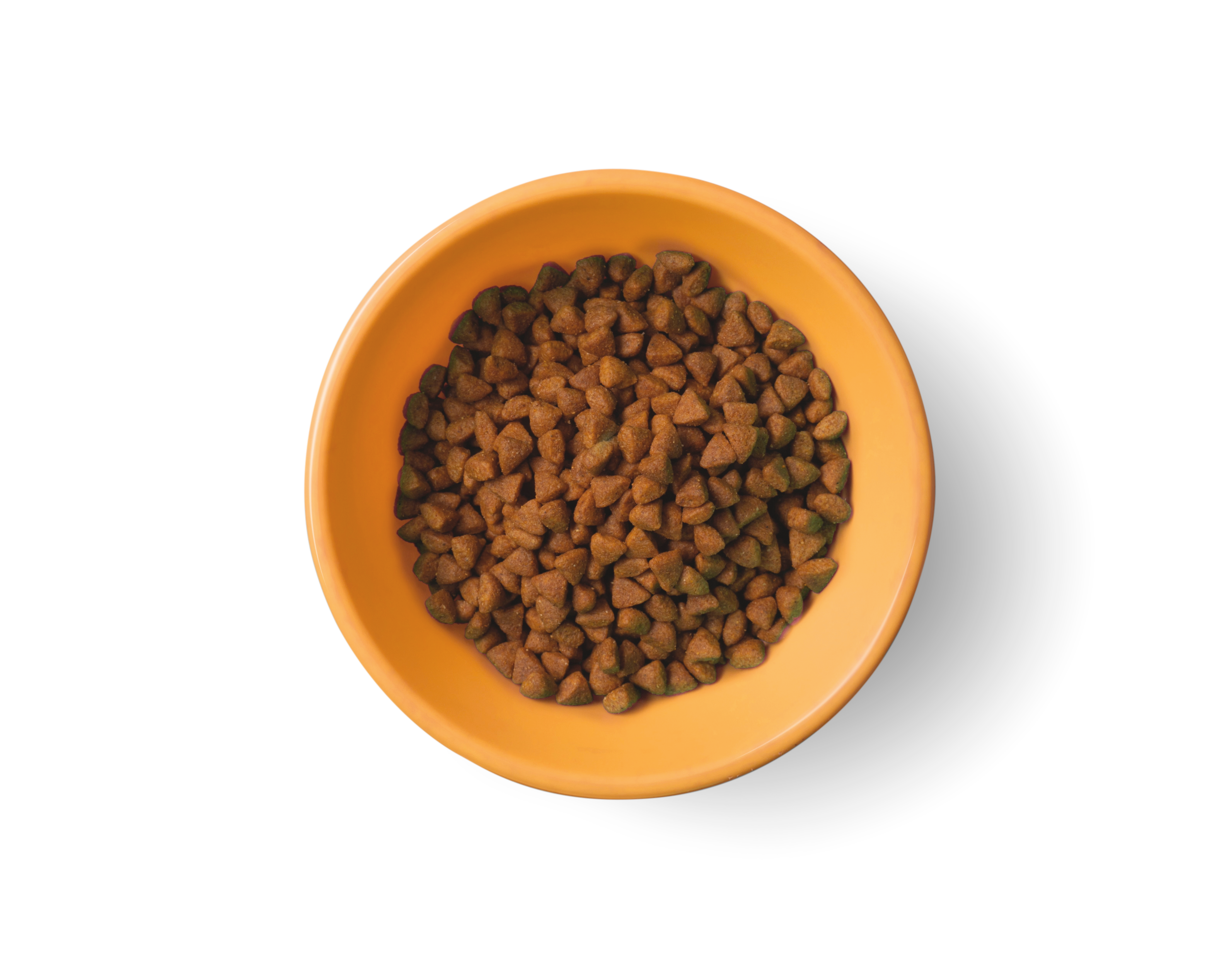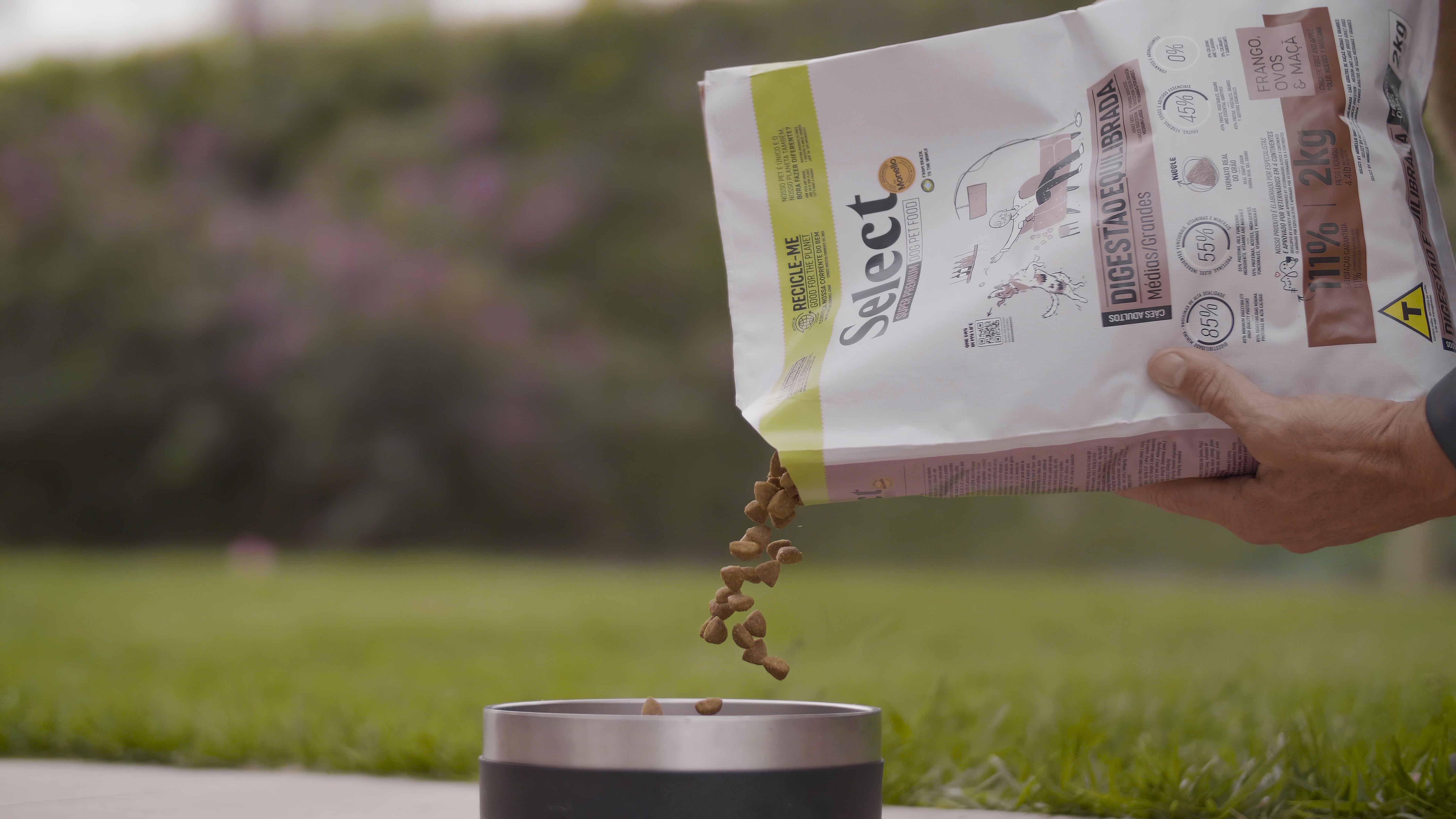Proper nutrition for your pregnant or nursing dog

During pregnancy, female dogs experience several behavioral, hormonal and
physical changes. Therefore, balanced nutrition is essential, both to preserve
the health of the mother-to-be and to ensure the puppies are born healthy and
grow up healthy.
Some tips on feeding the pregnant and nursing dogs help a lot in this moment.
The first thing to do when you find out your dog is pregnant is changing its
food to a
more energy-dense one with a higher protein level.
Puppy food is the most appropriate in this case, not only because it has higher
protein and energy levels, but also because its formula is rich in vitamins and
minerals and makes digestion easier.
From the fourth week of gestation on, the
amount of
food consumed should
increase, so that at the end of the pregnancy the food intake is 40% higher
than the
amount
indicated for its normal weight. That’s because the puppies
are gaining muscle mass, developing coats and hair, and gaining weight, so
they need protein and energy.
After giving birth, the mother dog needs to produce milk for its puppies. In this
phase, the owners usually pay less attention to food intake, which may cause
problems for the dog, such as sudden weight loss and decreased immunity.
This kind of problem may lead to opportunistic diseases, such as fungal and
bacterial skin infections, ear infections and even hair loss.
At this time, the amount of food offered to the dog should be gradually
increased week after week, so that the mother gets all the nutrients it needs to
preserve its health, immunity and weight. Besides, with good nutrition the dog
will be able to produce enough milk for the puppies.
Therefore, in the first week of lactation you should feed your dog 50% more
food than the amount indicated for its regular weight; in the second week,
100% more food; in the third week, 150% more food; and in the fourth week,
200% more food; keep it like that way until the sixth week, because that’s
when puppies usually stop having only milk.
From this stage on, the amount of food offered must be gradually reduced until
weaning. Another important tip is that the daily food dosage should be divided
into several meals, as bladder, stomach and intestines end up being
compressed because of the advancement of pregnancy and the
increase in
the volume of the uterus. This may avoid constipation, gas formation and even
intestinal colic. This kind of care, along with moderate physical exercising, will
ensure a smooth pregnancy and nursing as well as strong and healthy
puppies.
Thiago Marçal Andrade e Silva
Veterinarian graduated from Universidade Federal de Santa Maria
Technical Manager for Nutrire Indústria de Alimentos Ltd.






